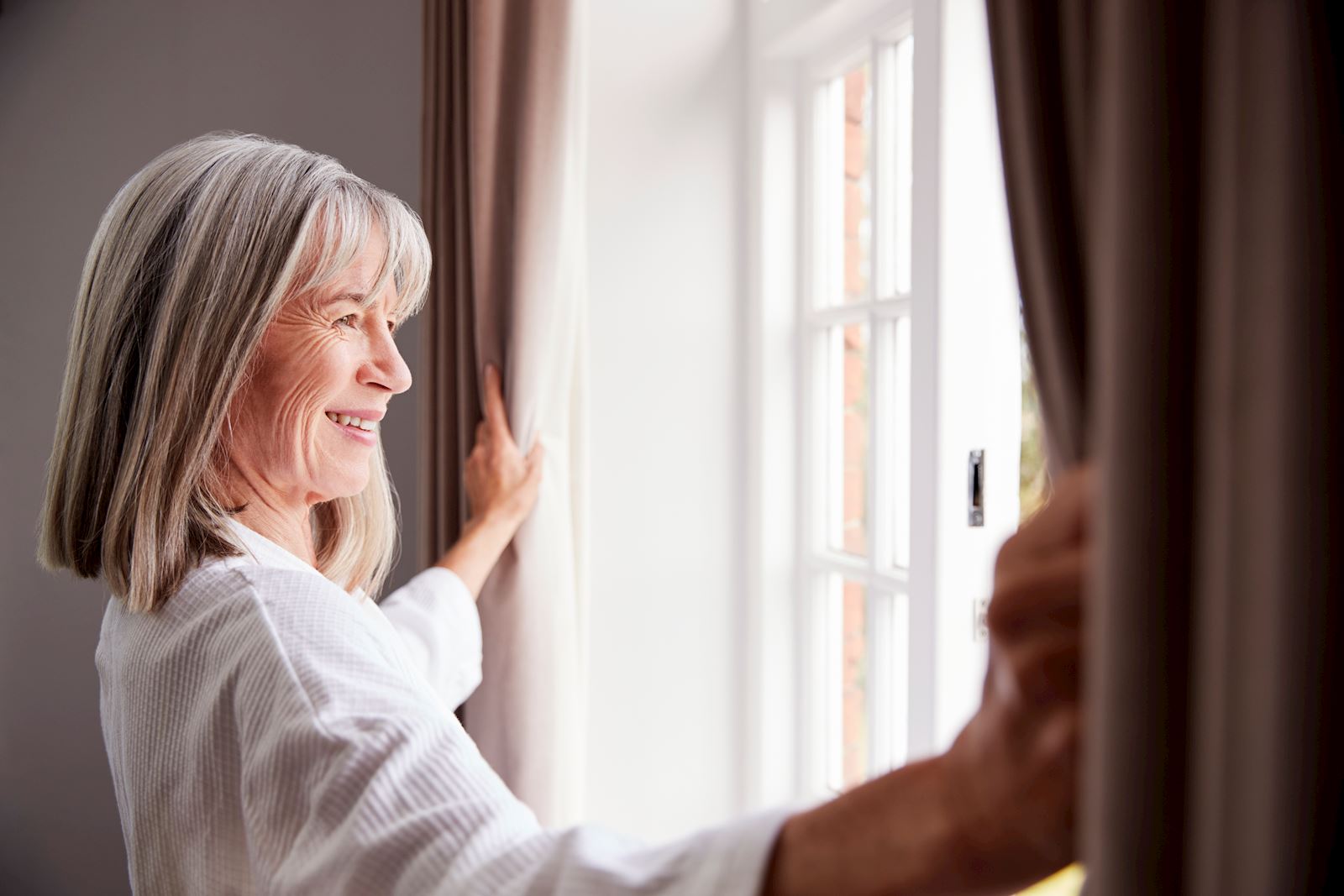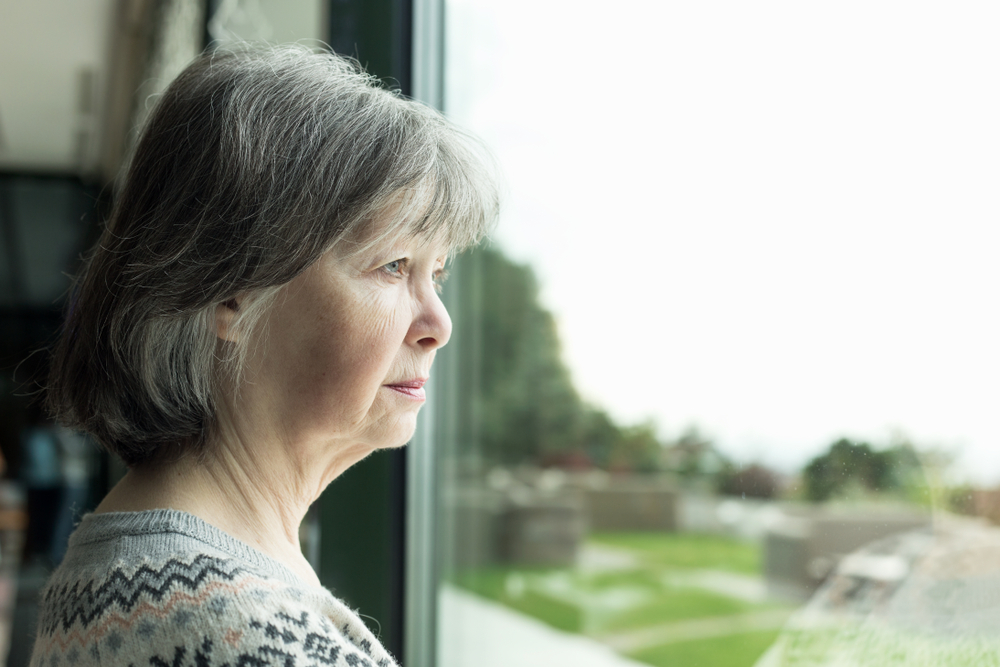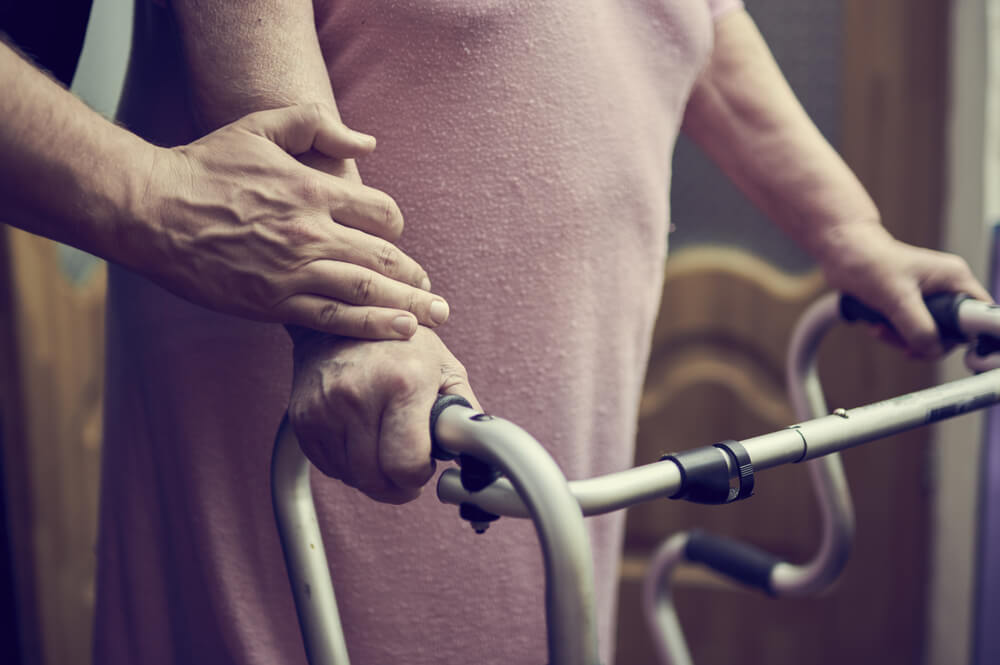Everyone wants to feel safe in their own home. For some older individuals — and their caregivers — that can be a challenge. Not every senior is afforded the luxury of living at home. For those who can, accommodations are often necessary to be able to live independently.
Taking steps to ensure that a home is safe and secure will not only allow older individuals to live more comfortably, but it will also lend peace of mind to their caregiver.
Try these basic steps to help minimize potential safety concerns:
Changes around the house
The first step is to address any environmental factors that could be unsafe. Home modifications might be necessary to maintain a home that is both comfortable and safe.
Factors that could make the environment unsafe:
- Outdated electrical work
- Uneven floors
- Poor lighting
It would be beneficial to consult with an occupational therapist, physical therapist or any other certified aging-in-place specialist and have them perform a home assessment. There are also quick and easy home modifications that will help create a safer environment for your aging loved one.
Simple fixes include:
- Remove throw rugs
- Install nonslip mats
- Remove wheels from chairs
- Keep steps clear
- Clean up general clutter
- Place small and low furniture where it is not a tripping hazard
Calling for help
There may be emergency situations in which your loved one will require assistance. It’s important to have ways in place if they need to get help. Consider the following:
- Medical alert systems – Some can be worn around the neck or wrist, while others are more discreet with high-tech features like voice recognition, health vitals monitoring and 24/7 connection to a monitoring center.
- Always have a phone nearby – Make sure important numbers are programmed in the phone.
- Keep emergency numbers handy – Have a list of numbers in different places around the home.
- Call-assist service – Check if this service is provided in their area.
If your loved one is tech savvy, devices like the Apple Watch come equipped with a function that enables the wearer to simply hold down a button to either call 911 or alert a friend or family member. Devices like this can also be used to monitor the wearer’s heart rate.
Helping them remember
One of the main concerns a caregiver or family member often has is whether the person they are caring for is remembering to eat or take their medication.
For medication, some pharmacies and prescription services can pre-sort and package pills based on the time of day to be taken. There are also timed pill dispensers available to help manage daily prescriptions. Make sure that all medications are clearly labeled and are stored or organized in a way that won’t confuse them.
Timers can also serve as reminders to eat. Another important step would be to ensure that your loved one has fully prepared meals in the refrigerator. They will be more inclined to eat regularly if they don’t have to go through the work of shopping, prepping and cooking meals themselves.
Mom’s Meals® can help
Our mission is to improve life through better nutrition at home. We take the guesswork out of mealtime with our delicious ready-to-heat-and-eat meals delivered direct to homes so your loved one can get the nutrition they need to help maintain their independence.
They can choose every meal, every delivery, with 60+ meal options and nine condition-specific menus to support the unique needs of most common chronic conditions. All meals are designed by registered dietitians and crafted by professional chefs in USDA- and FDA- inspected facilities, providing the highest level of compliance with federal regulations governing food production.


.jpg)
